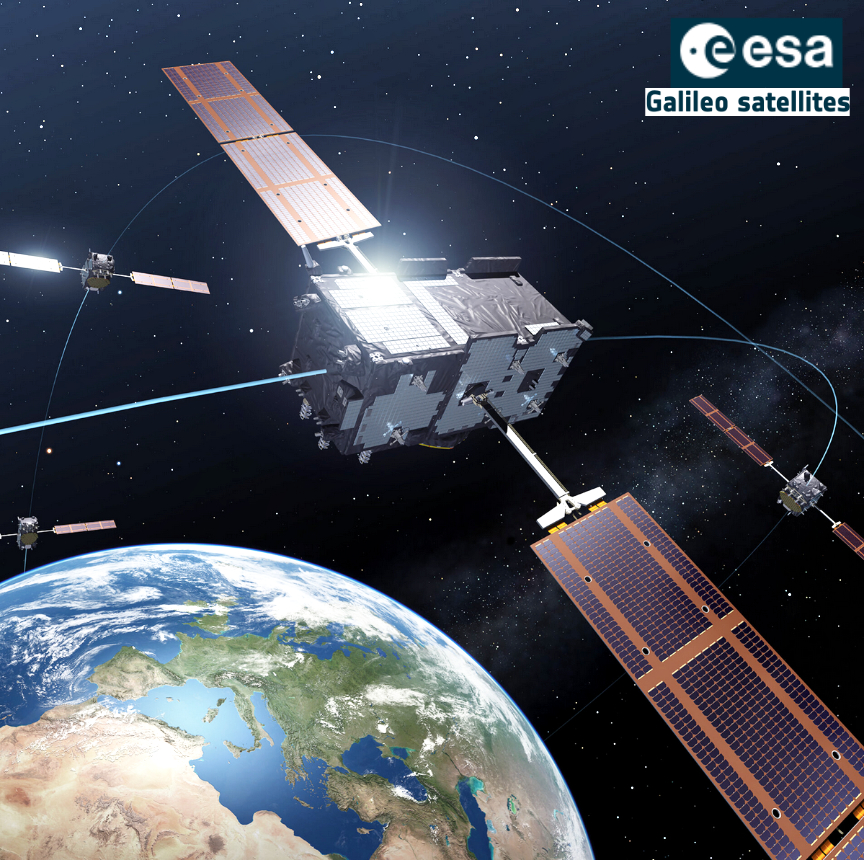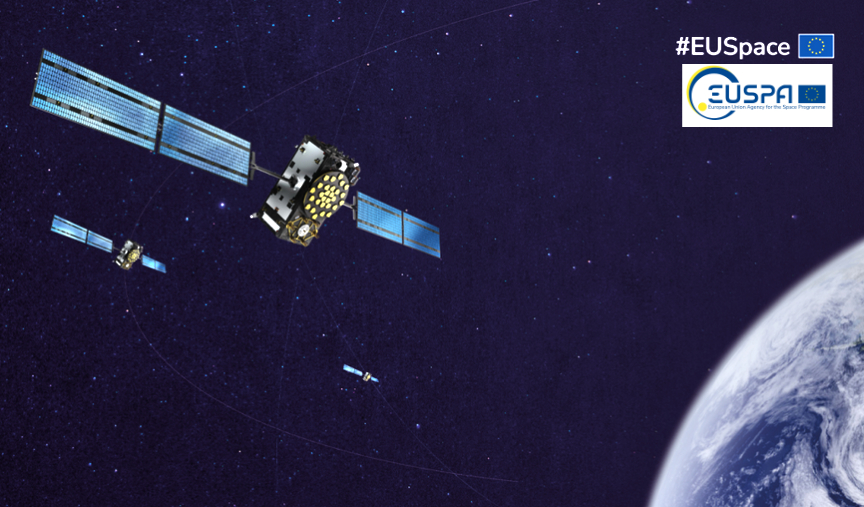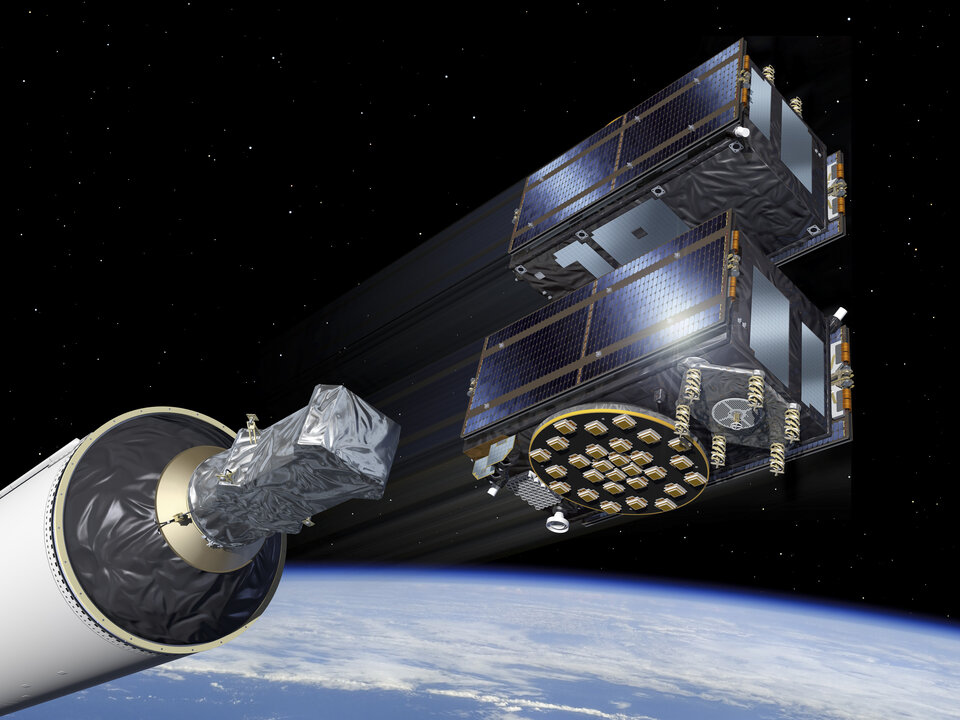
The two new Galileo satellites launched in April have entered service, completing the second of three constellation planes.
With every addition to the constellation, the precision, availability and robustness of the Galileo signal is improved. The next launch is planned in the coming weeks and the remaining six Galileo First Generation satellites will join the constellation in the next years.
Three months after their launch from Cape Canaveral, Galileo satellites 29 and 30 have reached their target positions at an altitude of 23 222 km, where they have been fully tested and declared operational.
Both satellites have been deployed on the same orbital plane, one of the three that make up the Galileo constellation. Now two of the three Galileo orbital planes are fully populated, bringing the constellation one launch away from completion. The next couple of Galileo satellites are planned to launch in the coming weeks from the Kennedy Space Center in Florida onboard a Falcon 9.
The two new satellites are active and providing navigation signals to users. Their addition to the constellation slightly increases the accuracy of the system and further guarantees the availability and robustness of Galileo signals.
To know more about the Galileo constellation status, consult the European GNSS Service Center.
The satellites were launched on April 28 by SpaceX under contract with ESA. A Falcon 9 rocket injected the Galileo satellites into MEO, not far from their final position. During the first hours after launch, the Mission Control Team made sure that the satellites had successfully completed the initialization sequence, that the solar arrays were correctly deployed and able to generate power and that the network of ground stations could track and control them correctly.
Early operations were executed by the Galileo Service Operator, supported by a team of around 30 satellite experts from ESA and satellite manufacturer OHB on site at the Galileo Control Centre in Oberpfaffenhofen, Germany, under the responsibility of EUSPA.
The drift phase then started, with teams on ground guiding manoeuvres to bring the satellites to their final positions, reached on 24 June.
Over the last months, every component on the satellites has been tested to make sure nothing was damaged by the severe launch conditions. Both platform and payload, including antennas and clocks, have been examined.
On August 21st, ESA, OHB and payload manufacturer SSTL assessed the on-orbit test results and concluded that the satellites had not suffered any degradation during launch. ESA, in collaboration with EUSPA, validated the satellites’ performance at system level. In light of these results, the Security Accreditation Board has given the green light for both satellites to begin nominal operations.
This success is a result of the joint efforts of ESA, EUSPA, the European Commission, manufacturer OHB, payload manufacturer SSTL teams at Galileo Control Centers and the Security Accreditation Board.
Galileo is currently the world’s most precise satellite navigation system, serving over four billion smartphone users around the globe since entering Open Service in 2017. All smartphones sold in the European Single Market are now guaranteed Galileo-enabled. In addition, Galileo is making a difference across the fields of rail, maritime, agriculture, financial timing services and rescue operations.
A flagship program of the European Union (EU), Galileo is managed and funded by the European Commission. Since its inception, ESA, as system development prime and design authority, leads the design, development and qualification of the space and ground systems, and procures launch services. ESA is also entrusted with research and development activities for the future of Galileo within the EU programme Horizon Europe.
The EU Agency for the Space Programme (EUSPA) acts as the system prime for the operational system provider, ensuring exploitation and safe and secure delivery of services while overseeing market demands and application needs.

For more info about Galileo, access this direct link…

